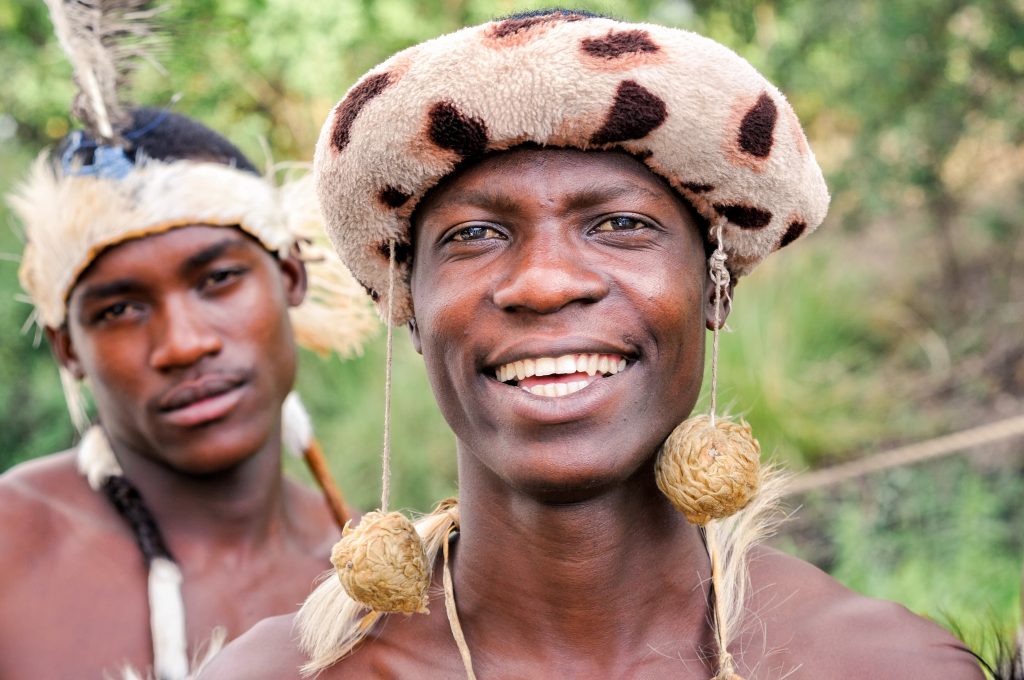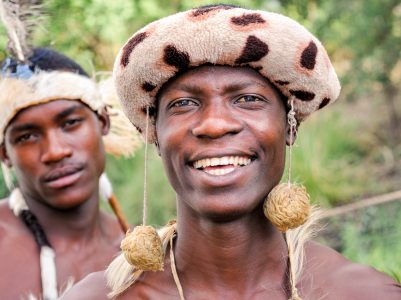By Maren Cline, Communications Consultant, G20 Interfaith Forum.
From May 16-19, the African Consortium for Law and Religion Studies (ACLARS) held its four-day annual conference, this year hosted virtually from Kenya, with the theme “Law, Religion, and the Family.” The conference was sponsored by the G20 Interfaith Forum (IF20), The International Center for Law and Religion Studies at Brigham Young University (ICLRS), The International Consortium for Law and Religion Studies (ICLARS), and The West African Regional Consortium for Law and Religion Studies (WARCLARS).
The two concurrent sessions summarized here aimed to provide an overview of the influence of traditional and indigenous cultural/religious perspectives on family and health practices in Africa.
– – –
INDIGENOUS PERSPECTIVES ON FAMILIES
Panelists: Excellent Chireshe, Professor of Religion and Gender, Department of Philosophy and Religious Studies, Great Zimbabwe University, Zimbabwe, and Bernard Humbe, Lecturer, Department of Philosophy and Religious Studies, Great Zimbabwe University, Zimbabwe.

Excellent Chireshe
Chireshe laid out her research on gender socialization in the indigenous Karanga culture, asserting that traditional Karanga culture compromises human rights and freedoms—especially in regard to the rights of women. She argued that this is most noticeable when one looks at how Karanga culture cultivates the meaning of “man” and “woman,” manifesting the inequality of gender norms.
“In Karanga culture, married women do not enjoy the same rights as men—as seen in beliefs, customs and practices.”
Chireshe gave the example that the coming of a baby boy into a family brings more joy than the coming of a baby girl. Families prefer boys because they perpetuate the family line, and therefore, a family may choose to name a baby boy a more favorable name than they would a baby girl. While some names apply to both males and females, like Fair (be happy), Tatenda (we are grateful), and Kudzai (be grateful)—other names, like Tawanda (we are many), Tawedzegwa (we have been increased), Takura (we are big/large), are given exclusively to males. Chireshe asserted that this is outright discrimination.
Bernard Humbe
Bernard Humbe introduced two legal systems used among the Shona people of Zimbabwe—civil law and customary law—that impact the lives of children in rural communities, noting how there is a dissonance between the two. The different legal systems uphold different values, and one may not bode as well for the proper upbringing of children. He gave the example of corporeal punishment.
“Under customary law, corporeal punishment has been used as a form of correcting children, a way of instilling good manners in a child. However, modern eyes have seen it as child abuse. Here, traditional and modern ways conflict, and reconciliation is difficult.”
AFRICAN INDIGENOUS CHURCHES AND THE FAMILY: HEALTH AND MEDICAL TREATMENT
Panelists: Okelloh Ogera, Adjunct Faculty, St. Paul’s University, Kenya; Helena van Coller, Associate Professor, Faculty of Law, Rhodes University, South Africa; and Dr. Bridget Nonde Masaiti Mukuka, lecturer in Zambia, Research Associate in the Department of Practical Theology and Missiology, Stellenbosch University.
Okelloh Ogera
Ogera addressed the tension between health and religious practices, looking at the vindication and vilification of parental consent to vaccination in Kenya. He posed the question of whether religions have the freedom to practice anything they want to practice, talking specifically about a religion that will not accept any vaccinations because the members believe that vaccines, if taken, will spiritually contaminate their bodies. On one hand, the law allows them to practice what they want to practice, but on the other hand, that same law vilifies them on matters of health, stating that they must be vaccinated.
“The government is in a difficult position regarding this issue of health rights versus religious rights. There is no clear or easy solution.”
Ogera asserted the importance of the government taking action to protect its citizens when outbreaks of diseases that could be easily contained by immunization (polio, yellow fever) occur.
Helena van Coller
Van Coller elaborated further on this dissonance between religious and health practices in his presentation on compulsory prevention or treatment. Section 2.2 of the South African Religious Charter states that “every person has the right to have their convictions reasonably accommodated,” allowing for religious exemptions. However, there are objections when it comes to taking action to protect children from preventable diseases. In the case of Hay v. B., parents refused blood transfusions for their baby because it was against their religious beliefs. The judge stated that, while they respected the parent’s religious choices, they would not allow the parent’s private beliefs to override the baby’s right to life.
“When it comes to where we should draw the line, it is a question of context. There is no blanket exemption given to religious practices. Everyone should exercise their beliefs in a reasonable manner with regard to others’ rights.”
Dr. Bridget Nonde Masaiti Mukuka
Mukuka presented her research on the Mutima Church in Zambia, explaining that she has a personal connection to the church—her mother was a member. Mukuka, through her research, examined the influence of the church and its teachings on its members, teachers, and community.
Mukuka explained that the Mutima religion combined some elemental aspects of African culture with traditional Christian belief. The church’s founder, Emilio Mulolani, believed its members should emulate Mother Mary. Mulolani taught that the church would revert to her and her parental power. He also taught that God was androgynous in nature, and that church members should not only emulate the Father, the Son, and the Holy Spirit, but also the grandfather and grandmother. In this regard, the indigenous African traditions regarding family and extended family had a great influence on religious beliefs and practices.
– – –
Maren Cline is a Communications Consultant for the G20 Interfaith Association. To see more on the webinar, including links to the video recording when it’s available, see the event page.


